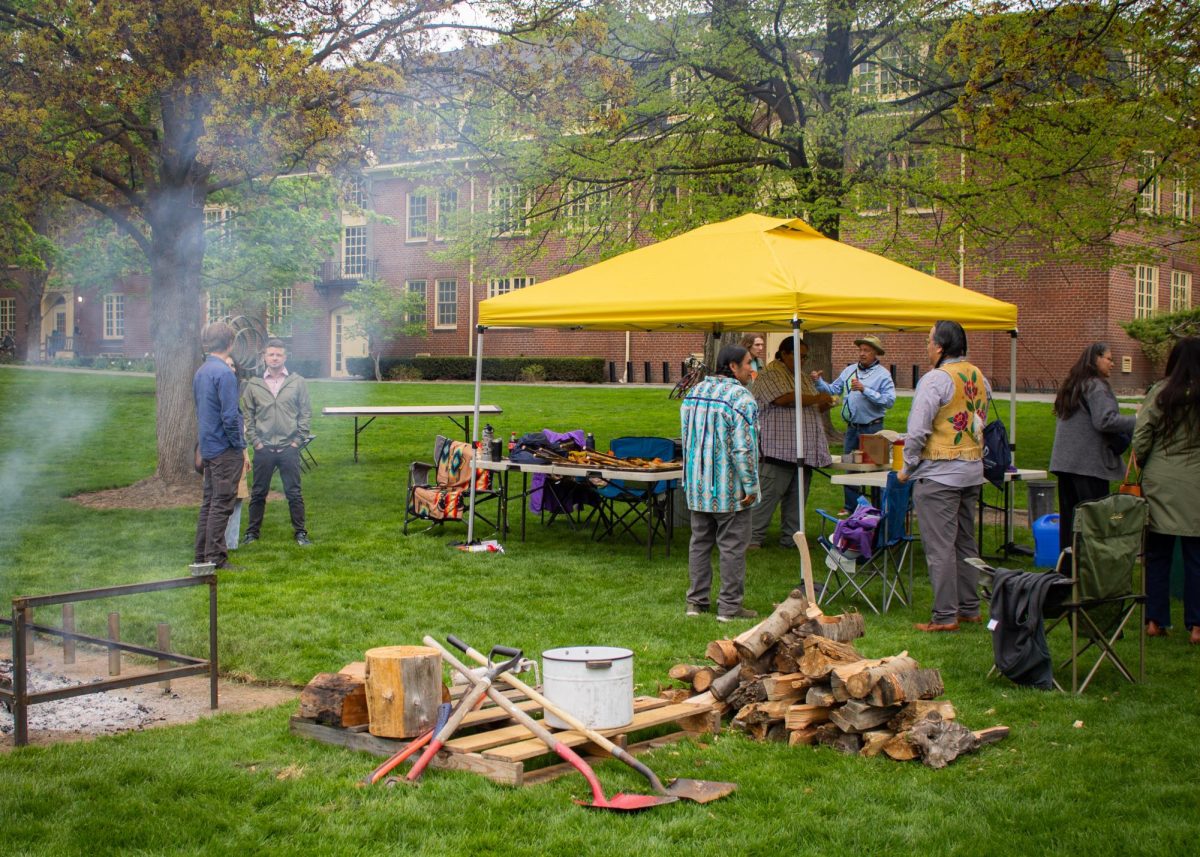Whitman College’s Board of Trustees has announced a 4.5 percent rise in tuition for the 2011-2012 academic year. This raise will set next year’s tuition at 40,180 dollars, up from the 38,450-dollar tuition that students paid for this academic year. Additionally, students will have to pay more for room and board next year — housing will increase by five percent and the cost of Bon Appetit’s meal plan will increase by four percent. Whitman students who are required to live in a residence hall, have a meal plan and pay full tuition can expect to pay close to 50,650 dollars including the Associated Students of Whitman College (ASWC) fee — and that’s all before they have to buy textbooks.
These raises are part of a nationwide trend, as schools across the country try to make ends meet in a still-struggling economy. State schools have been hit especially hard, and many are looking to cut positions while increasing tuition. The University of Washington’s administration has proposed a 14 percent increase for the 2011-2012 academic year. According to President George Bridges, Whitman’s tuition increase comes as a result of the increasing cost of technology along with the rising of financial aid and staff and faculty costs.
“We have rising fringe benefits costs, rising financial aid needs, and we have to be able to address those,” President Bridges said.
Although Whitman’s tuition increase may seem like a large amount, this is the smallest rise in tuition that the college has seen in years. In the recent past, Whitman tuition has increased by as much as seven percent and increases have averaged about five percent each year. According to Treasurer and Chief Financial Officer Peter Harvey, the college has been trying to accommodate the poor economy and Whitman families’ needs.
“Given the current economy, we’re being sensitive to families’ needs and we’re intentionally trying to make less of a burden,” he said.
The tuition increase will not significantly impact students receiving financial aid and need-based scholarships because they are based on students’ ability to pay for the total price of Whitman. However, students receiving merit scholarships will not see an increase to their aid.
“Students on merit-based scholarships renew their scholarship for four years, so they renew at the same [amount] next year,” said Tony Cabasco, dean of admissions and financial aid.
A recent survey conducted by the American Council on Education found that 42.2 percent of college and university presidents found rising tuition and affordability of higher education among their most important areas and challenges. Whitman’s administration is similarly worried about maintaining its high tuition fee while still being able to adequately pay staff and faculty.
“We’re going to try and keep it low, as low as we can to keep Whitman’s tuition affordable,” said President Bridges. “On the other hand, we have financial needs to support and maintain our academic and co-curricular program.”
Members of the administration are not the only ones worrying about Whitman’s affordability. ASWC Vice President John Loranger notes that future, long-term tuition increases are unsustainable for the college.
“We understand why they happen and they’re necessary for the budget, but a tuition raise of four or five percent is not a sustainable model in terms of the financial future for the college,” he said. “There is just going to be a point where you can’t raise tuition anymore.”
Despite the college’s efforts to remain conscious of families’ ability to pay for Whitman while balancing the costs of staff and faculty, students are still frustrated by the increasing tuition, especially in light of other changes the administration has made in the past year.
“I’m frustrated with the situation of the 3-2 switch, increasing class sizes, and then hearing about how the college expects to raise tuition,” said sophomore Avery Potter.
According to Cabasco, tuition at Whitman in 1991 was roughly 17,000 dollars — adjusted for inflation the cost was approximately 27,000 dollars. Although next year’s tuition increase is significantly less than most years, students will be paying a 67 percent increase of what Whitman students paid 20 years ago.
“[Tuition rates] are a major concern and it’s something that many of us here at Whitman have thought about,” said Cabasco. “Accessibility and affordability is a major challenge in American higher eduction.”
In the debate between administration, faculty and the Board of Trustees over the increasing cost of Whitman, students are still frustrated of the lack of student input in the discussion.
“It feels like we’re paying more, but we’re getting less opportunities,” Potter said.








